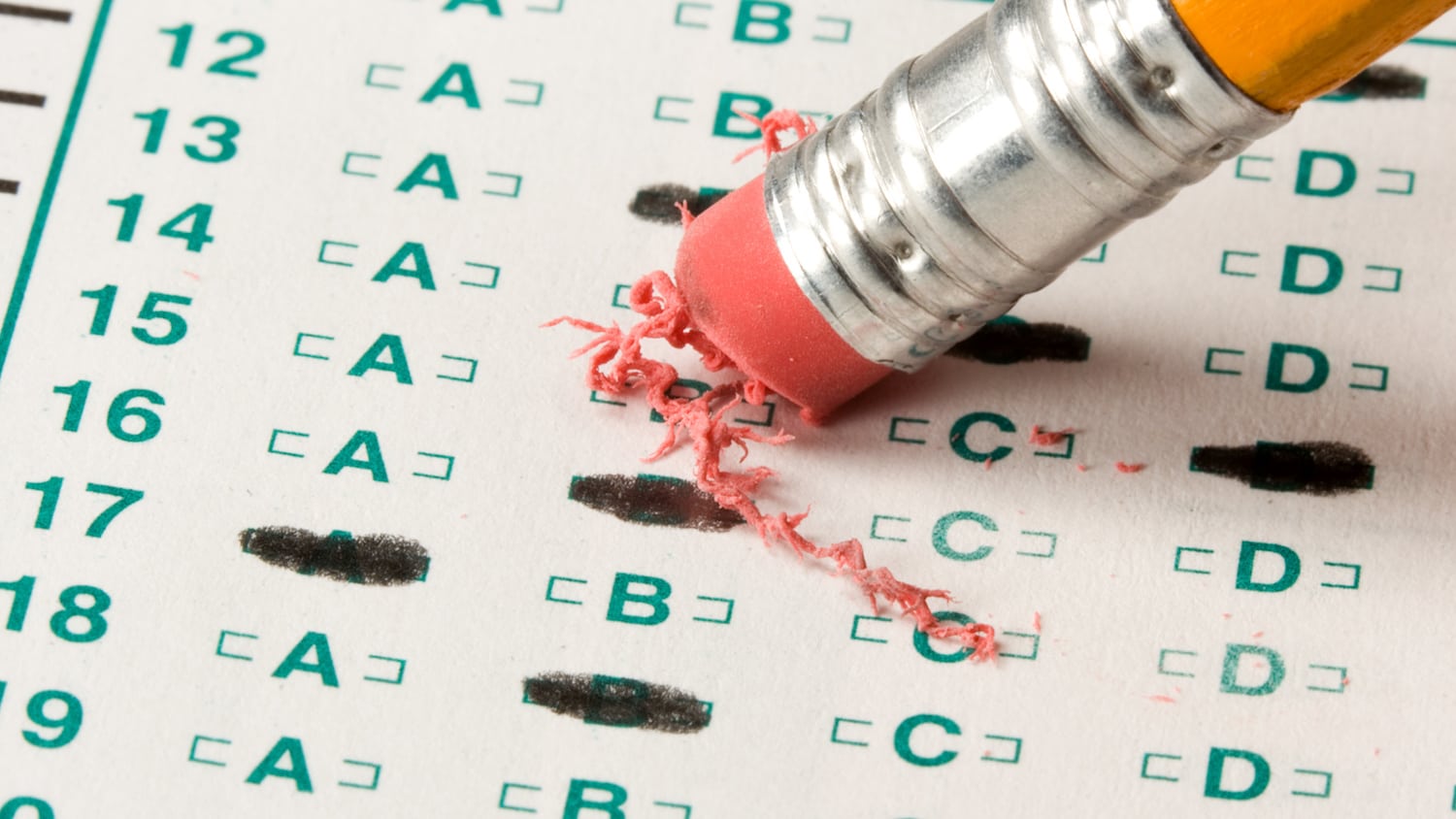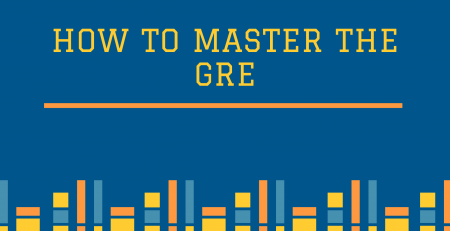Guessing on the GRE and Moving On
Constancy is, in many students, an honorable quality—just not when taking the GRE examination. For this test, realizing when to abandon an issue, conjecture, and proceed onward, is significant expertise. Remember this is something beyond a trial of math information or understanding abilities; it’s likewise a trial of how one settles on choices under tension. So read on to know about guessing on the GRE.
Here are a couple of significant realities about the GRE examination which will assist you with setting up a solid planning system:
All inquiries tally the equivalent, regardless of whether they are simple or hard. You don’t get additional focuses for controlling through an especially troublesome issue.
There’s no punishment for speculating, so you should fill in the response for each question, regardless of whether you choose to skip it.
Issues don’t get more diligently as the segment advances. Simple focuses could be hanging tight for you toward the end, so ensure you give yourself sufficient opportunity to at any rate start all issues in the area.
Great planning decisions are generally significant in the primary portion of each segment. On the off chance that you fall behind here, you’ll wind up racing to redress—which makes you bound to make indiscreet blunders in the second 50% of the test. It tends to be more enthusiastic, as well, to settle on forceful planning choices from the get-go, because you have additional time on the clock, and along these lines can be enticed to think (erroneously) that you have somewhat more slack.
Rather than slowing down toward the start and hurrying toward the end to secure good GRE scores, you need to focus on a consistent, steady pace all through each area. This certainly takes some training to get right, however, there are a couple of things you can do that will assist with guaranteeing you’re settling on shrewd planning decisions.
One Minute: Make a Decision
For every issue, settle on a conscious choice about whether to focus on that issue. It tends to be anything but difficult to begin tackling a dubious issue, get hindered, and not notice that you’ve squandered four minutes on it to secure good GRE scores.
I allow myself a moment to begin every issue and perceive how it goes. At the moment mark, I at that point inquire as to whether: do I believe it’s feasible I’ll have the option to tackle this issue accurately inside one more moment or somewhere in the vicinity? If not, I estimate and proceed onward.
You can rehearse this strategy as you study. Each time you start an issue, set a one-minute clock. At the point when the clock goes off, make sense of what choice you’d make on test day. Notwithstanding your answer, keep taking care of the issue (take as much time as you have to). When you’re set, check whether you settled on the correct choice—would you say you were ready to tackle the issue productively or not?
Do this reliably, and this “registration” will turn into a programmed part of your critical thinking practice. That way, on test day, you won’t need to take a gander at the clock continually, because you’ll have an instilled feeling of how long to spend on every issue before submitting or proceeding onward.
Work on Guessing on the GRE Examination
In my classes, I power my understudies to focus on a response for each question we explain, regardless of whether this answer is a visually impaired estimate. This is because speculating on the GRE examination is itself an aptitude that requires practice.
In case you’re doubtful about this, I have a story for you. An understudy of mine as of late stepped through the exam and wound up wrestling with a precarious likelihood question toward the finish of one area. With fifteen seconds left, she’d limited it down to two answers however couldn’t settle on them. Deadened, she let the check run out. If she’d speculated, she’d have had a half possibility of getting the difficult right. Rather, she wound up not placing in an answer by any means.
So compel yourself to figure. If you arrive at your moment registration check and conclude this is a decent issue to skip, constrain yourself to record a theory before forging ahead. Do this again and again, and you become OK with submitting rapidly to an answer you’re not sure of.
Improve your GRE Examination scores with GREKing and secure good GRE scores.
Set Timing Benchmarks
While you would like to keep steady over planning to secure good GRE scores, you would prefer not to wind up gazing at the clock. Thus, it assists with setting a couple of timing benchmarks all through the segment. For instance, the normal planning for a jargon question is 1 moment. Each Verbal segment ordinarily begins with six jargon questions. This implies, when I get to my first RC question, I need to be around 6-7 minutes into the segment, so I’ll have 24-23 minutes left on the clock. (The GRE examination clock checks down, not up, something that can take a bit of becoming acclimated to).

At the point when I see that first RC question, I look at the clock. In case I’m around the 24-minute imprint, I continue of course. In case I’m running behind, I don’t begin hurrying. Rather, I proceed at a similar pace, however conclude that I’ll conjecture and skip on the following precarious issue that I see. I’m running early, at that point I delayed down—I would prefer not to make indiscreet mistakes by going excessively fast.
I like to record my benchmarks on my scratch paper toward the beginning of each area, with the goal that they’re on the paper before me as an update. When all is said in done, the more I do on paper, and the less I attempt to hold in my mind, the more productive I’ll be. ? Surely you will have a good GRE score!!
All the best!!
















Leave a Reply
You must be logged in to post a comment.